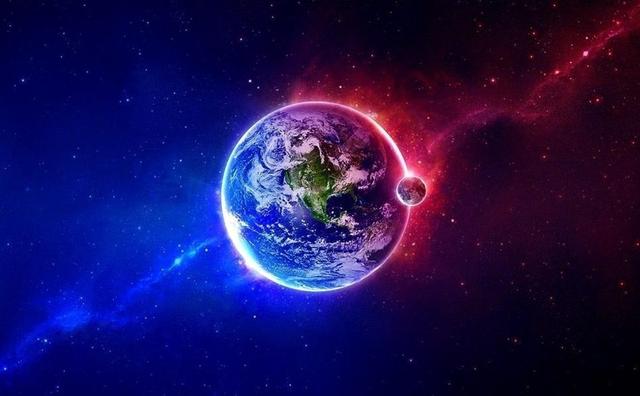It has been billions of years since life appeared on earth, and although there are seven planets in our solar system in addition to earth, as well as a number of dwarf planets, moons and other relatively large bodies, so far we have not found alien life on any other planet in our solar system for the time being. Even mars, another earth-like planet in the habitable zone of our solar system, has not found a single sign of life. Could it be that life on earth is really unique and no other planet is allowed to have life?
This really doesn't make sense, bearing in mind that deep in the universe earth is not the planet with the most privileged environment, and there are many other planets that may have a more comfortable environment than earth. So far, scientists have discovered over 5,000 exoplanets, and while some are indeed uninhabitable, they have selected 24 'super-habitable' planets. Some planets may have more water than earth, some may be warmer than earth, and some may have higher levels of oxygen in their atmospheres than earth. Scientists believe that living on these 'super-habitable' planets could be more comfortable than on earth.
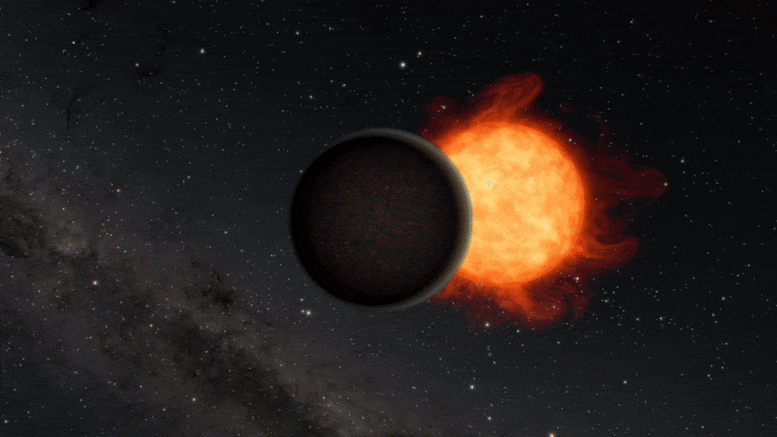
The universe is so big and there are so many exoplanets, it is only natural that there are some planets with better environments than earth, and because some of them are so good, many people think that life could exist on them. Super earth gliese 581g is one of them. What is so special about this planet that scientists think 100% life exists?
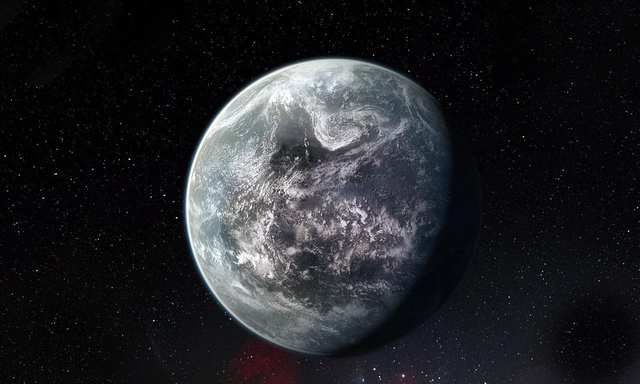
Super-earth gliese 581g
Some 20.5 light years away from earth, in the constellation libra, lies the red dwarf star gliese 581, which, according to data collected by the us high resolution fly eye explorer (hires), has six planets with 99.9978% accuracy, meaning that there is little doubt that the red dwarf has at least six planets orbiting it. Gliese 581g is the sixth planet discovered in the gliese 581 system, and is located in the habitable zone of this star system. It is believed to be the most earth-like exoplanet discovered to date, and is the first potentially habitable planet with possible liquid water and atmosphere.
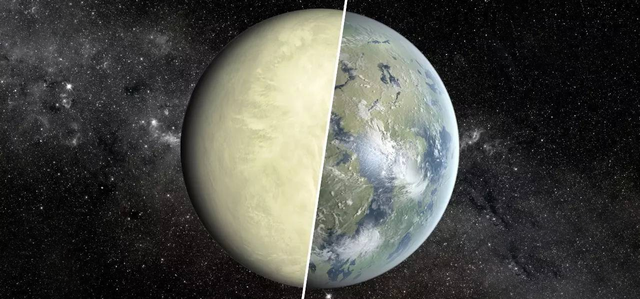
Just how similar is this exoplanet to our planet? According to the data detected by the probe, this gliese 581g is about 1.2-1.4 times the diameter of earth, while its mass is about 3.1-4.3 times the mass of earth, with a gravitational force close to or slightly higher than that of earth. In terms of size, it is indeed superior, at least compared to planets like mars. Some studies have shown that although liquid water once existed on mars, and there are obvious river valleys and flood channels on the surface, mars was eventually unable to sustain this liquid water for a long time, and one of the reasons for this may be the small size of mars. So scientists believe that if an earth-like planet is to retain enough water, it needs to be large enough. Gliese 581g is larger than mars and earth, and in theory, if water exists on this exoplanet, then the liquid water on the planet's surface should be able to exist for a long time without becoming a desolate, arid world like mars.
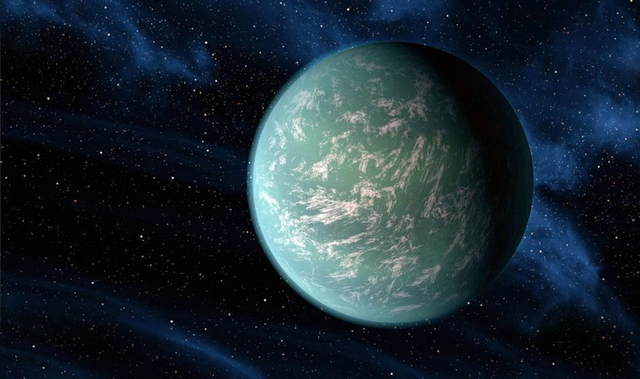
Being slightly larger than earth is only one aspect of the problem, and if the surface is very hot, life may not survive either. However, the surface of this exoplanet is relatively cool, with an average temperature of roughly -31°c to -12°c. Because of its relatively close proximity to the red dwarf gliese 581, at about 9.65 million kilometres, gliese 581g is tidally locked and has the same rotation period as the rotation period. Just like the moon orbits the earth with the same rotation period and orbital period.
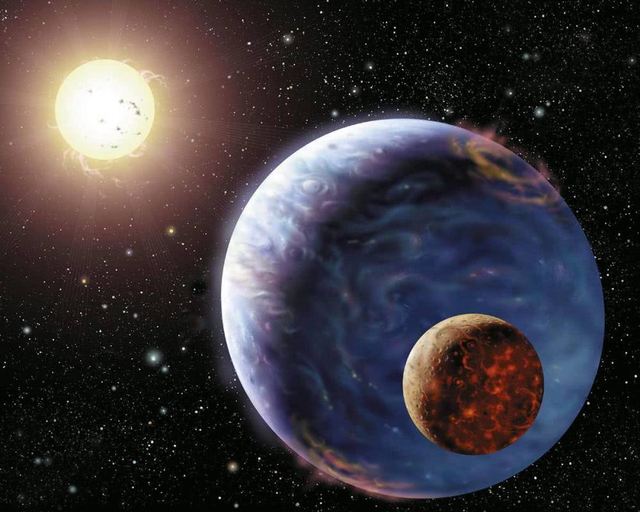
Given the high degree of similarity between this exoplanet and our earth, there is naturally a lot of interest in the possibility of life on this planet. The scientist who discovered this exoplanet, stephen waters, answered this one question during an interview. The discoverer, stephen waters, said that he is not a biologist, but judging from the planet's environment and the circumstances of life on earth, believes that the probability of life on this planet is 100%. Of course, even if the planet is really superior and there could be alien life, it doesn't mean that there are so-called aliens and probably some primitive microorganisms of knowledge. Whether it is an advanced alien or a low-level microbe, just being able to find these signs of potential life is enough to shake the uniqueness of life on earth.
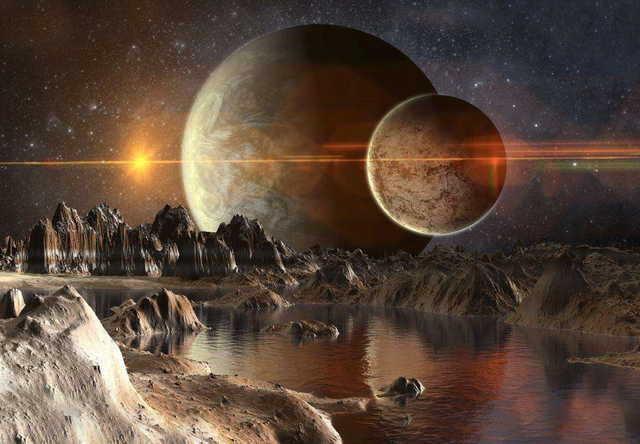
If life does exist on this planet, and the origin of life appeared millions, tens of millions or hundreds of millions of years earlier than on our planet, then an advanced alien civilisation may have emerged. If an advanced alien civilisation exists, have they already discovered us humans?


